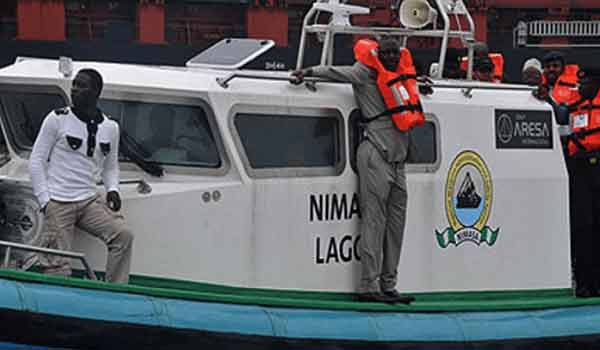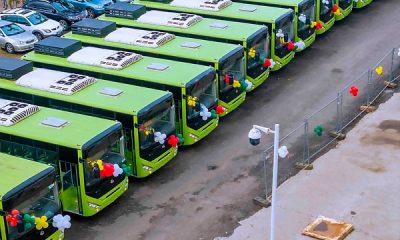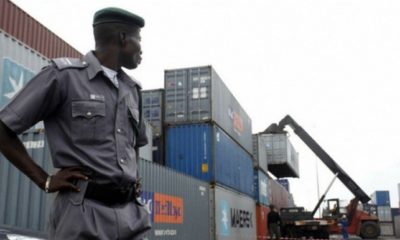
The Nigerian Maritime Administration and Safety Agency (NIMASA) said it seeking zero import duty approval from the Federal Government on acquisition of new vessels and certain percentage for its spare parts in the country.
The projected zero import duty is part of incentives for Nigerian shipowners to be able to compete against their foreign counterparts on the nation’s territorial waters. Speaking at briefing in Lagos last week, NIMASA Director General, Bashir Jamoh, said the targeted zero import duty is to ensure that Nigeria has vessels that can compete effectively in the international seaborne trade.
According to him, Nigeria cannot allow importation of bad vessels into its water domains, adding that the proposed zero import duty is to discourage importation of rickety ships into the country.
“We are seeking approval of the President for the zero import duty, which we hope to get soon. Again, NIMASA is engaging the Federal Ministry of Finance and the Central Bank of Nigeria (CBN) to develop the incentives for shipowners to enhance their competitiveness with their foreign counterpart.
“On the relief package, we have made submissions. The first one has to do with fiscal incentive. The fiscal incentive for the maritime stakeholders is for them to have a relief package if they import a vessel.

“We want the government to look at the type of duties they are paying in order to discourage importation of rickey ships into our shorelines. We encourage the government to give us approval so that anybody that brings in new ships would have zero duty,” he added.
He insisted on a reconsideration of the war risk insurance premium charged on cargo headed for the Gulf of Guinea.
Jamoh, reacting to the response of the Lloyd’s List Intelligence, a specialist business information service dedicated to the global maritime community, called on the international community to re-examine the war risk insurance imposed on Gulf of Guinea-bound ships, saying security conditions in the region are rapidly improving.
“It is significant that critical stakeholders in the world shipping community, like Lloyd’s List, are recognising Nigeria’s efforts to make the Gulf of Guinea safe and secure for seafarers and ships. But it would be unfair for the world to sidestep such huge investment and commitment to maritime security and retain the high war risk insurance premium on ships bound for our waters,” he said. He said continuing the war risk insurance would be a disservice to Nigeria and investors in the country’s maritime environment.
Jamoh stated: “Since the world now acknowledges our commitment to maritime security and the recent improvements in security, it is only fair that relevant stakeholders should begin to rethink the charges that predated such efforts by Nigeria.”

 News16 hours ago
News16 hours ago
 News1 week ago
News1 week ago
 News1 week ago
News1 week ago
 News1 week ago
News1 week ago
 News1 week ago
News1 week ago
 News5 days ago
News5 days ago
 News1 week ago
News1 week ago
 News1 week ago
News1 week ago



